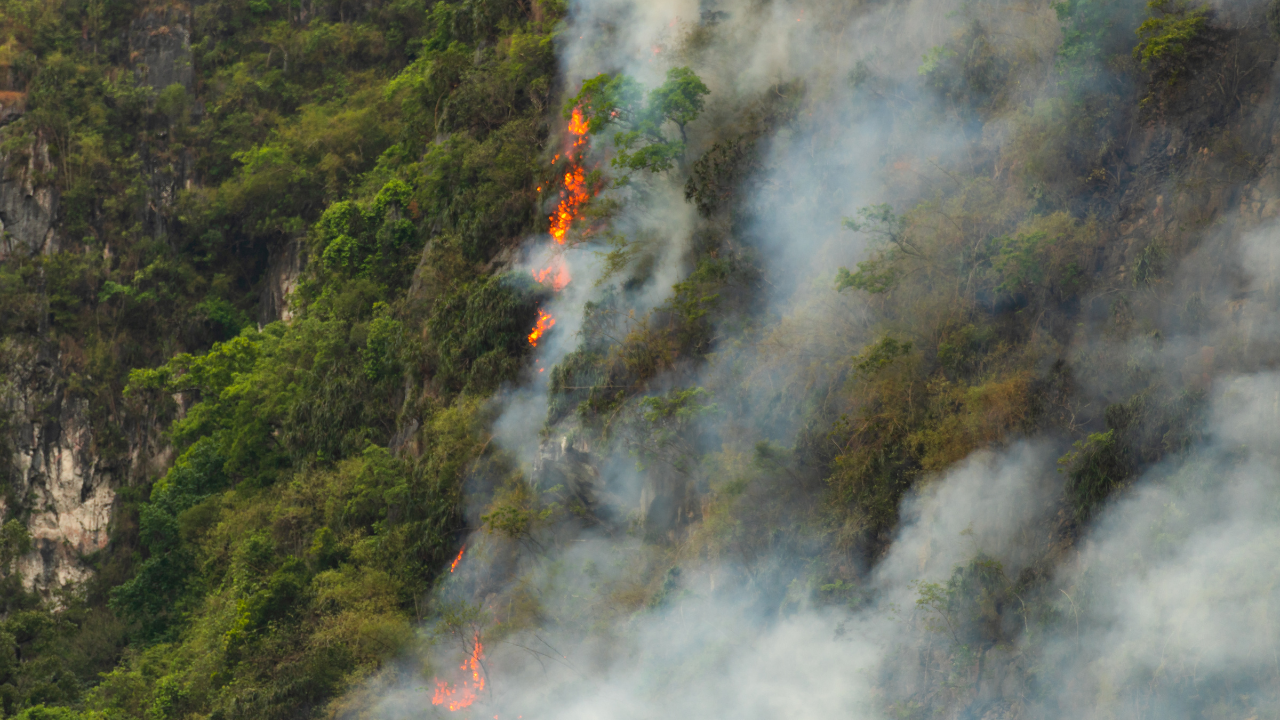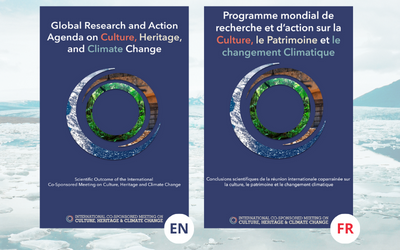ICOMOS
Cookies Policy
ICOMOS informs you that, when browsing the ICOMOS website and all the pages of this domain, cookies are placed on the user's computer, mobile or tablet. No cookies are used to track users for commercial or advertising purposes.
A cookie is a piece of information stored by a website on the user's computer and that the user's browser provides to the website during each user’s visit.
These cookies essentially allow ICOMOS to:
- facilitate the user’s browsing on the site and activate interactive modules present on the site (required cookies: it is not possible to refuse these cookies if you want to browse the site)
- to establish statistical analysis of the site’s usage (optional cookies).
You will find below the list of cookies used by our website and their characteristics:
- “Cookieaccept”: indicates that you have accepted the cookie policy via the notification which appears the first time you visit the website (1 year duration)
- “OctoShowModalPhotobank”: indicates that you checked the box "Do not show this information next time" when you visited our Photobank and viewed the message "Welcome to the ICOMOS Collaborative Image Bank!" (1 year duration)
- “joomla_remember_me_a12e1f90ec76162d7747594b6c19ffed“: indicates that you have ticked the "Remember me" box when you log in with your user account to log in automatically during your next visit (1 year duration)
- “joomla_user_state“: indicates that you have successfully identified yourself after login into your user account (lasts as long as your session, the cookie is deleted once your browsing is finished on the ICOMOS website)
- Session cookie: its name is composed of a chain of 32 characters, it is essential to the functioning of any website and identifies your session on the site which opens the first time you consult a page on the site (lasts as long as your session).
Cookies created by the use of a third-part service on the website:
- ”_utma, _utmb, _utmc, _utmz”: Google Analytics Service, used to collect anonymous data about visits on our website, such as the number of visitors per month, and to improve the quality of the site; it cannot be used for individual identification purposes (duration: see details on:
https://developers.google.com/analytics/devguides/collection/analyticsjs/cookie-usage)
- “_atuvc youtube”: allows us to embed videos on our website from Youtube. YouTube will not store any personal data while playing the embedded video in extended privacy mode (duration varies, see Google site for more details:
https://policies.google.com/technologies/types?hl=en)
For information:
- the data collected is not cross-checked with other treatments;
- the cookie is only used for the production of anonymous statistics;
- the cookie does not make it possible to follow the user’s browsing on other sites.
You can set up your browser to alert you of the presence cookies and offer you to accept them or not. You can accept or refuse cookies on a case-by-case basis or refuse them once and for all. However, some features of the ICOM website cannot function properly without cookies activated.
The setting of cookies is different for each browser and generally described in the help menus. You will find more explanations on how to proceed via the links below.
Dowload ICOMOS Cookies Policy
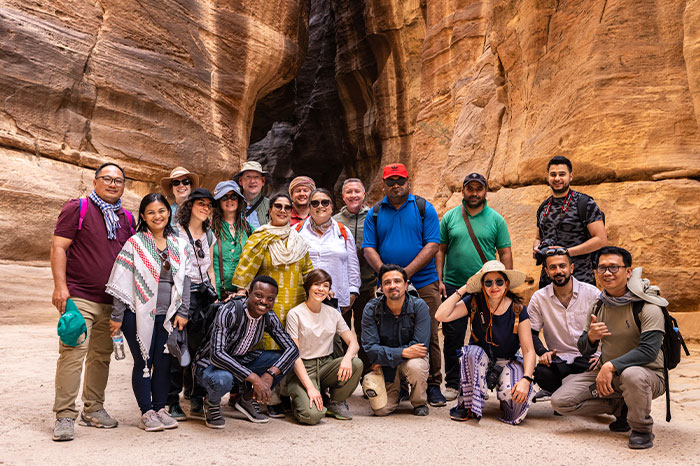 Climate change is a global problem which requires a global response. At the end of every year, governments from around the world meet at the UNFCCC Conference of Parties (or COP) to agree targets and work together for climate action. Increasingly, these conversations are acknowledging the importance of cultural heritage, reflecting the longstanding ICOMOS belief that culture is integral to meaningful and human-centred climate action. This belief lies at the heart of an exciting new ICOMOS-based project which is bringing together heritage professionals from around the world to share experiences and work together for long-term, sustainable change.
Climate change is a global problem which requires a global response. At the end of every year, governments from around the world meet at the UNFCCC Conference of Parties (or COP) to agree targets and work together for climate action. Increasingly, these conversations are acknowledging the importance of cultural heritage, reflecting the longstanding ICOMOS belief that culture is integral to meaningful and human-centred climate action. This belief lies at the heart of an exciting new ICOMOS-based project which is bringing together heritage professionals from around the world to share experiences and work together for long-term, sustainable change.
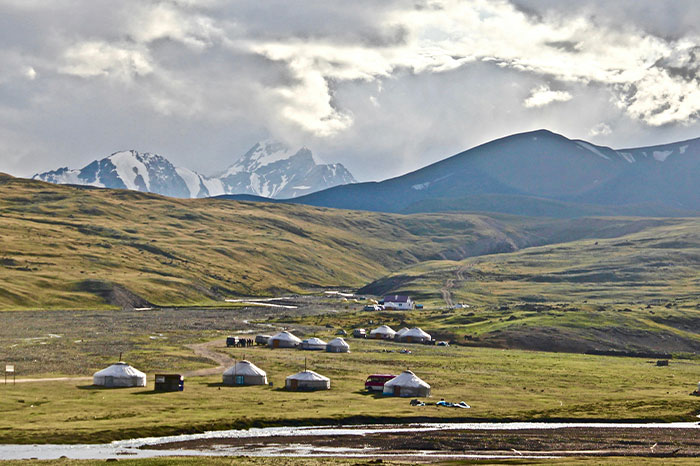
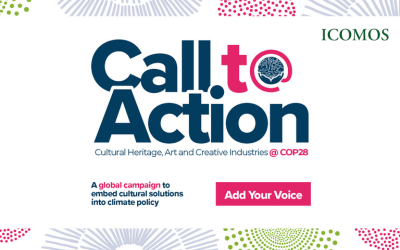 ICOMOS, as a founding signatory, is asking the national governments that are parties to the UN Climate Change Convention (UNFCCC) and its Paris Agreement to adopt a ‘Joint Work on Culture and Climate Action’ decision (JWD) at the next UN Climate Change Conference (COP28). Artists and cultural voices from across the world are uniting to call for climate negotiators at COP28 to put cultural heritage, arts and creative industries at the heart of climate action.
ICOMOS, as a founding signatory, is asking the national governments that are parties to the UN Climate Change Convention (UNFCCC) and its Paris Agreement to adopt a ‘Joint Work on Culture and Climate Action’ decision (JWD) at the next UN Climate Change Conference (COP28). Artists and cultural voices from across the world are uniting to call for climate negotiators at COP28 to put cultural heritage, arts and creative industries at the heart of climate action.